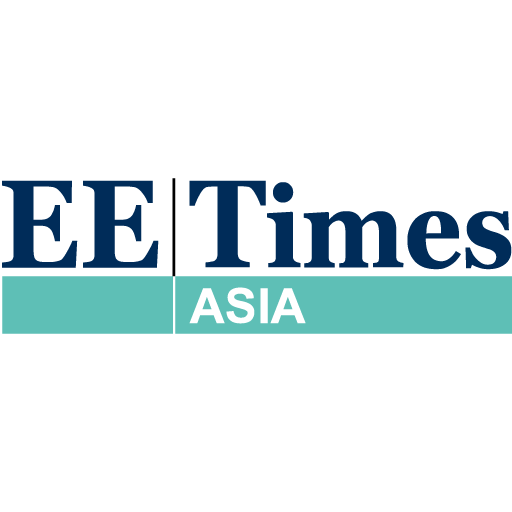Indonesia’s PMI crosses 50-point mark in August
Article By : None

An above 50 PMI reading means "economic expansion," while below 50 "points towards contraction."
Demands from new businesses has steered Indonesia's manufacturing sector back into the growth territory in August following July's slump.
The Nikkei manufacturing Purchasing Manager's Index (PMI) for Indonesia jumped to 50.4 in August from 28.4 in July.
The PMI is a composite gauge of manufacturing output, new orders, exports and employment measures. According to the Nikkei Asian Review, an above 50 PMI reading means "economic expansion," while below 50 "points towards contraction."
"The return to growth in Indonesia's manufacturing sector in August is a positive, especially as July’s decline raised concerns regarding the start of a new downturn. Survey data indicate that firms are undoubtedly cautious about the short-term outlook for new work and production, as highlighted by another reduction in payroll numbers," Pollyana De Lima, an economist at Markit, said in a statement.
After decreasing in July, order book volumes rose in August. The rate of expansion was moderate and above the average for the past six months. Although survey participants commented on improved demand from both domestic and external clients, the upturn was partly linked to the offering of lower selling prices.
New export orders also increased in August, effectively ending a 22-month sequence of contraction. At the same time, raw material stock and semi-finished goods increased in August, reversing its drop in July. However, the pace of expansion was marginal overall.
Pre-production inventories also "rose at a moderate pace" as manufacturers sought to secure stock, expecting higher prices for materials like metals, chemicals, textiles, plastic and paper.
The country's factory gate charges, or the cost of manufacturing goods, including labour, raw material, energy, and other indirect costs including loan interest rates, maintenance or rent, dropped for the first time in the history of the survey, indicating an increasingly competitive environment.
“August’s increases in output and new orders lay a platform that companies will hope to build on in coming months should improvements in client demand strengthen. IHS Markit expects GDP growth in Indonesia to accelerate from the post-recession low of 4.8% in 2015 to 5.1% in 2016, with lower interest rates anticipated to support private consumption," De Lima said.
Subscribe to Newsletter
Test Qr code text s ss


